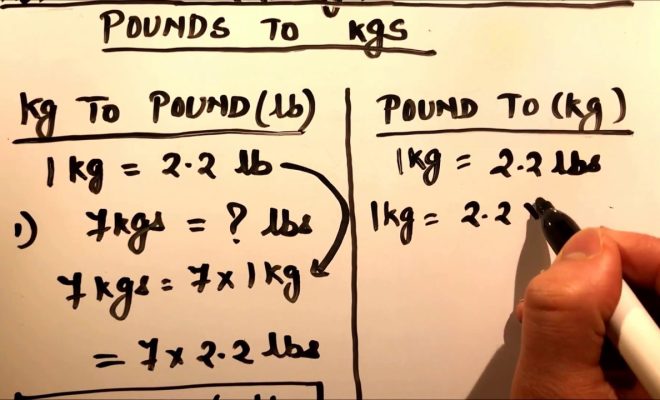How is total cost calculated

Introduction
Calculating the total cost of a product or service is an essential aspect of business operations. Understanding the method in which total costs are computed can help businesses ascertain profitability, efficiency, and areas for improvement. In this article, we will discuss how to calculate total cost and explore its implications for businesses.
Components of Total Cost
Total cost is a summation of fixed costs, variable costs, and any opportunity costs associated. Let us now look at each of these components.
1. Fixed Costs: These are costs that remain constant regardless of the production level or output volume. Examples include rent, salaries of permanent staff, insurance premiums, and depreciation of assets.
2. Variable Costs: These are costs that vary directly with the production level or output volume. Examples include raw materials, fuels, labor wages (hourly or piece-rate), and shipping costs.
3. Opportunity Costs: These are considered the value of the next best alternative forgone when choosing one option over another. In other words, it represents the lost potential gains from alternatives not chosen.
Calculating Total Cost
To calculate the total cost for a given period or production volume:
1. Determine all relevant fixed and variable costs.
2. Add fixed costs.
3. Multiply variable costs per unit by output volume.
4. Calculate opportunity costs where applicable.
5. Combine fixed costs, variable costs, and opportunity costs to arrive at the total cost.
Mathematically represented as:
Total Cost = Fixed Costs + (Variable Costs per Unit × Output Volume) + Opportunity Costs
Example Calculation
Consider a small scale bakery that produces 1000 loaves of bread every day. Let us calculate its daily total cost given the following information:
– Rent: $2000 per month
– Permanent Staff Salaries: $7000 per month
– Depreciation of equipment: $500 per month
– Raw materials, power, and utilities per loaf: $0.60
– Temporary labor wages: $0.25 per loa
1. Calculate daily fixed costs:
Rent: (2000 / 30) = $66.67
Salaries: (7000 / 30) = $233.33
Depreciation: (500 / 30) = $16.67
Total Fixed Costs = $316.67
2. Calculate daily variable costs:
Raw materials, power, and utilities: (0.60 × 1000) = $600
Temporary labor wages: (0.25 × 1000) = $250
Total Variable Costs = $850
Assuming no opportunity costs:
Total Cost = Fixed Costs + Variable Costs
Total Cost = $316.67 + $850
Total Cost = $1166.67
Conclusion
Understanding the process of total cost calculation enables businesses to establish a comprehensive understanding of their expenses and make informed decisions to optimize resource allocation and pricing strategies. It highlights areas for potential cost reductions and helps reveal opportunities for growth and expansion in the competitive marketplace.






